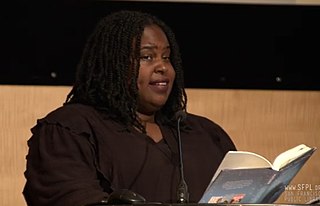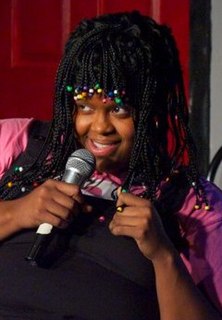A Quote by Tim Winton
I wanted to be a writer all my life. Since I was 10. And then at a certain point I began to assume I was one, which is rich, I know. I didn't meet a writer until I was nearly an adult, so I had no idea what I'd bet the farm on.
Related Quotes
The best advice that an accomplished writer could give a beginning writer is probably, "Find your slide and then grease it." Almost every writer that wants a rewarding career, in terms of money and status and number of readers, finally finds a certain genre or certain style that he or she sticks with until reaching a critical mass of readership. And I've violated this from the get-go.
I'm not a sketch writer. I know what I am: I have a sensitive comedic sensibility. What turns me on is subtle neurosis. That's my game. I'm not an action writer or a thriller writer and I'm not a sketch writer. I don't pretend to be those things. Then it would not be fun. Then you are in a space where this is painful.
Oh, I love labels, as long as they are numerous. I'm an American writer. I'm a Nigerian writer. I'm a Nigerian American writer. I'm an African writer. I'm a Yoruba writer. I'm an African American writer. I'm a writer who's been strongly influenced by European precedents. I'm a writer who feels very close to literary practice in India - which I go to quite often - and to writers over there.
Think of a book special to you, and how much bleaker and poorer your life would be if that one writer had not existed - if that one writer had not, a hundred times or a thousand, made the choice to write. You're going to be that one writer one day for somebody you may never meet. Nobody can write that book you're going to write - that book that will light up and change up a life - but you.
Just write. If you have to make a choice, if you say, 'Oh well, I'm going to put the writing away until my children are grown,' then you don't really want to be a writer. If you want to be a writer, you do your writing... If you don't do it, you probably don't want to be a writer, you just want to have written and be famous—which is very different.
The consciousness-expanding drugs - the hallucinogens, such as cannabis, mescaline, LSD, Psylocybin - I think are useful to a writer up to a certain point. That is, they open psychic areas that would not otherwise be available to the writer. But I feel that once these areas have been opened and the writer has reached them, he is able to get back there in the future without the drug.






































